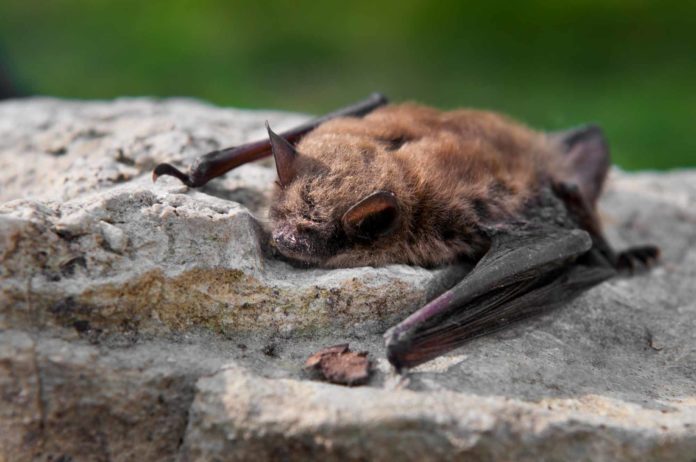For the second time in 16 years, an individual has succumbed to a case of viral rabies infection in British Columbia.
A 21-year-old B.C. man has died at St. Paul’s Hospital in Vancouver on July 13th after coming into contact with a bat on Vancouver Island in mid-May 2019.
Health officials say that the man did not develop symptoms until six weeks after exposure.
Family members, close community contacts, and healthcare workers who worked with the man are being examined and given post-exposure rabies preventive measures.
See also:
- Seal pup rescued by Vancouver Island salmon farmers released back into wild
- New federal bill completely bans bestiality and animal fighting across Canada
- Canada has officially outlawed the import and export of shark fins
There is no information on whether there were any obvious bite or scratch marks on the individual, or on what part of the island he encountered the animal.
The province is advising residents to take ample health precautions if they come into contact with bat.
No details about the individual have been released in order to protect his privacy.
According to the Ministry of Health, the last known case of human rabies in the province was in 2003, and there have only been a total of 24 known cases in Canada since the 1920s.
Symptoms of rabies in people
Symptoms of the disease in humans include:
- Headache
- Fever
- Increasing difficulty in swallowing
- Excessive drooling
- Muscle spasm or weakness
- Strange behaviour
The majority of people with rabies die of the disease.
Known carriers
Bats are the only known carriers of rabies in B.C. and around 13% of bats in the province tested positive for the infection.
In other parts of Canada and North America, strains of rabies virus are present in other species such as raccoons, skunks, foxes and coyotes.
Worldwide, unimmunized dogs are the most common carrier of rabies virus.
Any human who comes into contact with a bat, regardless of whether or not there are any obvious bite or scratch marks, is advised to wash the area with soap and water before consulting a health care provider who may then administer a vaccine to prevent infection.
Infected animals
Bats carrying rabies virus also pose an ongoing risk for pet animals.
“It is important to ensure pets’ rabies vaccinations are up to date. If you believe your pet has had contact with a bat, consult your veterinarian,” reads a statement from the Ministry of Health.
According to HealthLink BC, animals with rabies may act strangely but not always aggressively.
They may show a variety of signs, including fearfulness, aggression, lethargy, appearing unusually tame, excessive drooling, difficulty swallowing, paralysis, staggering and seizures.
Infected animals usually die within 10 days from when they first appear sick.
What to do if you make contact with a bat
If you come into contact with a bat — even if there is no obvious bite or scratch — the Ministry of Health recommends washing the area with soap and water then consulting a health-care provider immediately. Health workers will assess you for risk of rabies and are able to provide a vaccine to prevent infection if necessary.
Meanwhile, officials are also recommending that residents immunize their pets, like cats and dogs, with rabies vaccinations.
If you believe your pet has come into contact with a bat, consult your veterinarian.
For further details on rabies, visit HealthLinkBC’s website online here.


